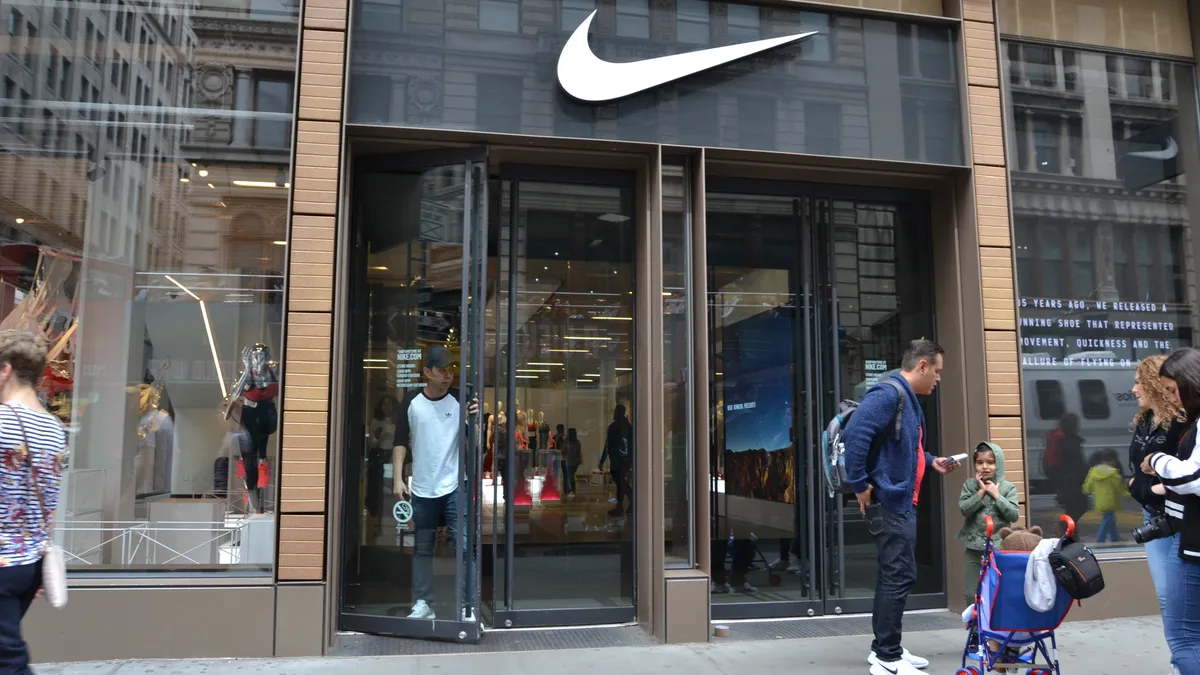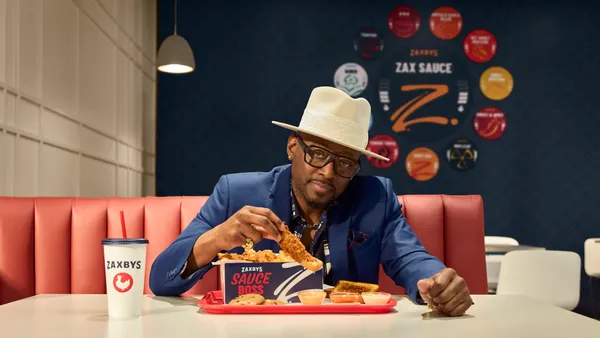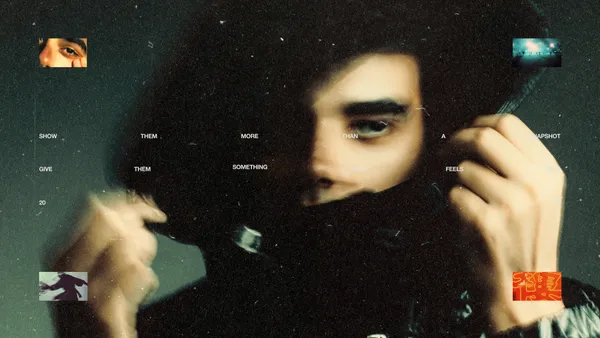Dive Brief:
- Nike released a new 60-second video in support of racial justice called "For Once, Don't Do It," the company revealed on its website.
- The simple video features a black background and white text with a message that asks people not to "pretend there is not a problem in America" and not to turn their backs on racism. The ad closes with, "Let's all be part of the change."
- Nike dropped the video on Twitter on May 29 with the hashtag #UntilWeAllWin. Rival brand Adidas retweeted the message. Nike's agency Wieden + Kennedy Portland worked with the brand on the content.
Dive Insight:
Nike's new ad inverts the brand's classic slogan, "Just Do It," by calling on people to "For Once, Don't Do It," as the company stakes its position in support of the growing number of people around the country angered by police brutality against black people, a position Nike has been cultivating in sometimes-controversial marketing over the past few years. The ad dropped as people in cities across America took to the streets to protest the death of George Floyd, who was killed in police custody in Minneapolis on Memorial Day.
Nike is leveraging the wide recognition of an iconic slogan meant to inspire people to be the best athletes they can be to drive eyeballs to a video that still hopes to encourage action, but around inspiring people to not be quiet about racism or social injustice or to think it doesn't affect them.
"We hope that by sharing this film we can serve as a catalyst to inspire action against a deep issue in our society and encourage people to help shape a better future," Nike said in statement in a CNBC report about the ad.
The message is in line with Nike's support for social justice in recent years. For Nike's 30th anniversary of its "Just Do It" campaign in 2018, the brand worked with Colin Kaepernick. The former quarterback was a divisive choice for the face of the campaign because he rose to prominence for protesting police brutality against African Americans by "taking a knee" during the singing of the national anthem at a game in 2016, an action that drew large groups of detractors as well as supporters.
While the campaign could have been a risk to Nike because of its potential to upset NFL executives, the company decided the risk was worth it if the campaign would engage a young urban market. Nike later reported that the campaign generated "record engagement with the brand" both negative and positive.
Nike continued its support of social justice for African Americans last year when it ceased distribution of its Air Max 1 Quick Strike Fourth of July sneaker because of a request by Kaepernick, who took issue with how the Betsy Ross-made flag image used on the shoe has been associated with the U.S. period of slavery, and because of the flag's current use by extremist groups.
The latest effort from Nike comes as consumer demands for brands to take the lead on putting people before profits have only grown louder during the coronavirus pandemic.














